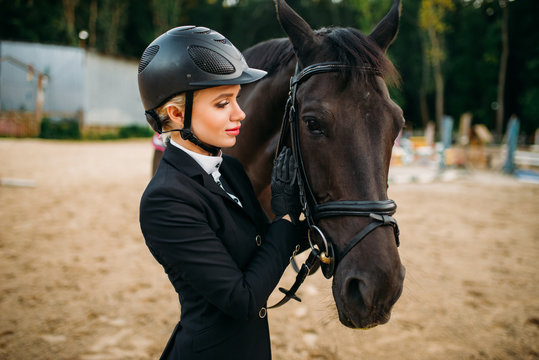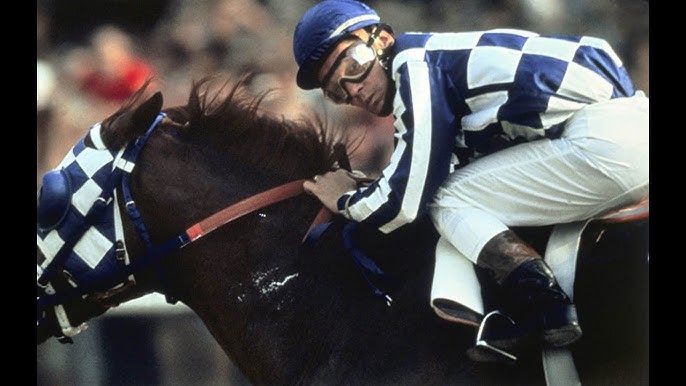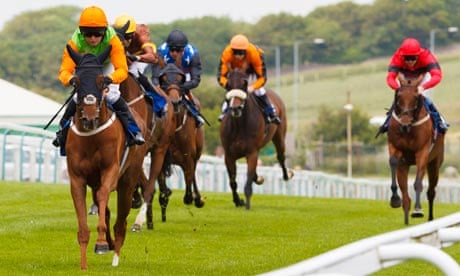Women’s Increasing Role in Horse Racing

Horse racing, traditionally dominated by men, has seen a significant shift with women increasingly taking on prominent roles both on and off the track. This article explores the evolution, current status, and future prospects of women in this thrilling sport.
Historical Context

Women’s involvement in horse racing dates back centuries, but their participation was often limited to social or amateur levels. It wasn’t until the late 20th century that women began breaking barriers as professional jockeys, trainers, and owners.
Key Roles Women Play in Horse Racing

| Role | Description |
|---|---|
| Jockeys | Women jockeys have gained recognition for their skill and competitiveness in major races. |
| Trainers | Female trainers are increasingly successful, bringing innovative techniques to horse care. |
| Owners | Women owners contribute significantly to the sport’s economy and prestige. |
| Breeders | Female breeders influence the quality and lineage of racehorses. |
| Officials | Women serve as stewards, judges, and in other regulatory roles ensuring fair competition. |
Current Trends and Achievements
- Rising Number of Female Jockeys: More women are entering professional racing circuits worldwide.
- Notable Champions: Female jockeys like Rachael Blackmore have made history by winning prestigious races such as the Grand National.
- Leadership Roles: Women are increasingly holding leadership positions within racing organizations.
Challenges Faced by Women in Horse Racing
Despite progress, women in horse racing often face:
- Gender bias and stereotypes
- Limited access to top-tier horses and sponsorships
- Physical demands and safety concerns
Impact on the Sport
Women’s growing presence has brought diversity, new perspectives, and increased media attention to horse racing. Their success stories inspire future generations and contribute to the sport’s evolution.
Frequently Asked Questions (FAQ)
Q1: When did women start competing as professional jockeys?
A1: Women began competing professionally in the late 20th century, with significant breakthroughs occurring in the 1970s and 1980s.
Q2: Are there any famous female jockeys?
A2: Yes, notable female jockeys include Rachael Blackmore, Julie Krone, and Hayley Turner.
Q3: What challenges do women face in horse racing?
A3: Challenges include gender bias, fewer sponsorship opportunities, and the physical demands of the sport.
Q4: How can women get involved in horse racing?
A4: Women can start by gaining experience through riding schools, apprenticeships, and networking within the racing community.
This comprehensive overview highlights the dynamic and growing role of women in horse racing, emphasizing their contributions and the ongoing journey toward equality in the sport.
